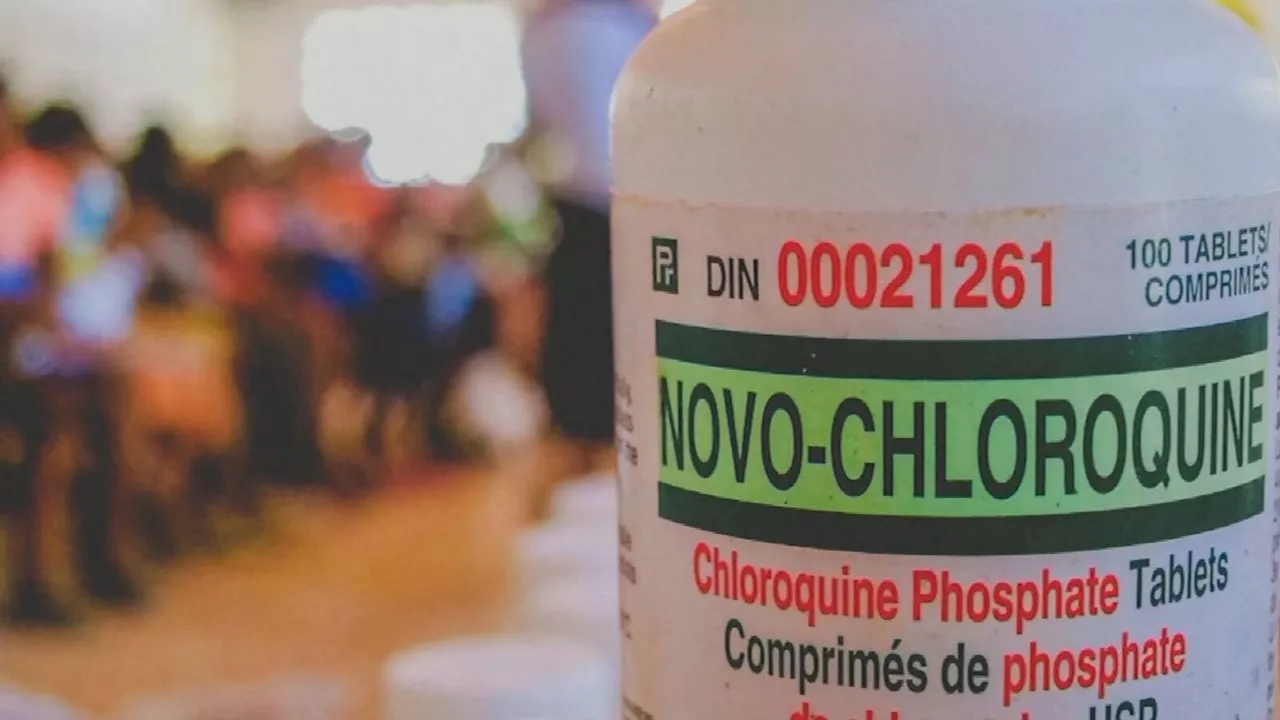Antimalarial drug: simple guide for travelers and patients
Malaria is serious, and antimalarial drugs are the main tool to prevent and treat it. This guide explains common drugs, how they work, usual side effects, and simple rules to stay safe when traveling or taking therapy.
Common antimalarial drugs and how they work
Chloroquine used to be common but many parasites are now resistant in parts of Africa and Asia. Artemisinin-based combination therapies, often called ACTs, are the current first-line choice for treating falciparum malaria in many countries. They pair a fast-acting artemisinin derivative with a longer lasting partner drug to clear parasites quickly. Mefloquine and doxycycline are frequently used for prevention during travel. Atovaquone-proguanil combines two drugs to prevent and treat malaria with fewer doses. Primaquine is unique: it clears dormant liver forms of some species and is used after blood treatment to prevent relapses.
Each drug targets the parasite differently. Artemisinin attacks the parasite inside red blood cells quickly. Partner drugs finish the job and lower the risk of resistance. Drugs for prevention stay in the blood to stop infection from taking hold.
Side effects, resistance, and practical tips
Side effects vary by drug. Doxycycline can increase sun sensitivity and cause stomach upset. Mefloquine may affect mood or sleep in some people. Chloroquine can cause vision issues with long term use. Atovaquone-proguanil is generally well tolerated but can cause nausea. Primaquine can trigger serious anemia in people with G6PD deficiency, so testing is needed first.
Resistance is a growing problem. Check current recommendations for your travel destination before choosing a drug. Health authorities keep maps showing which medications still work in each region. Don’t skip the full treatment course even if you feel better after a day or two.
For travelers: start preventive medicine at the recommended time before exposure, take doses on schedule while away, and continue for the advised period after leaving the risk area. Use insect protection too: bed nets, repellents, and clothing reduce bites and lower your chance of infection.
If you get a fever after travel, tell healthcare providers where you visited and which antimalarials you used. Rapid tests and blood smears can confirm malaria and guide treatment. Pregnant people need special advice because some drugs are unsafe in pregnancy; consult a clinician early.
Buying antimalarial drugs online can be tempting. Use licensed pharmacies and prescriptions. Fake or poor quality medicines risk treatment failure and harm. When in doubt, ask a medical professional or a travel clinic for up-to-date advice tailored to your health and destination.
Quick dosing notes: preventive doses vary—doxycycline is taken daily, mefloquine weekly, and atovaquone-proguanil daily starting one to two days before travel. Treatment courses usually last three days for ACTs but follow local guidelines. Never double a missed dose without advice. Keep medicines in original packaging and note expiration dates. Carry a list of your medications and allergies when you travel. If symptoms start, seek care right away and bring your travel history.
Stay informed and plan ahead always.
The chemistry behind chloroquine phosphate: a closer look
As a blogger, I recently took a closer look at the chemistry behind chloroquine phosphate in order to better understand its role in modern medicine. I discovered that this chemical compound, derived from the bark of the cinchona tree, has been used for centuries as an effective treatment for malaria. Its unique chemical structure enables it to interfere with the reproduction of the malaria parasite, eventually killing it. In recent times, chloroquine phosphate has also garnered attention for its potential use in treating other viral infections. Overall, the fascinating chemistry behind this compound has made it a valuable asset in the world of medicine.

